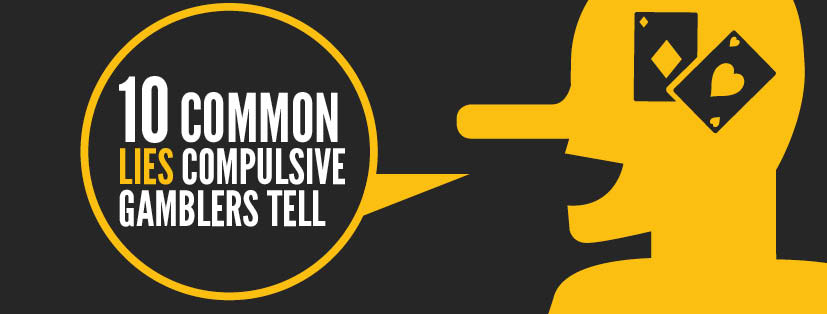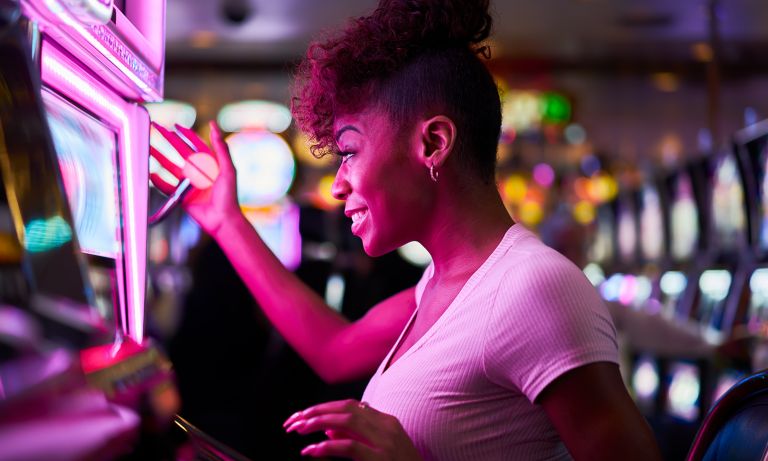Pathological Gambling Def
- Pathological Gambling Definition
- Pathological Gambling Definition
- Pathological Gambling Definition
- Pathological Gambling Disorder Definition
- Pathological Gambling Disorder Definition
- Pathological Gambler Definition
Also found in: Dictionary, Thesaurus, Financial, Encyclopedia.

Continuum of gambling difficulties, with pathological gambling residing at one end of the problem gambling spectrum. Pathological gambling is a progressive disorder in which an individual has a psychologically uncontrollable preoccupation with an urge to gamble, resulting in damage to professional, familial and social interests. Psychology Definition of PATHOLOGICAL GAMBLING: an impulse-control disorder marked by continual, maladaptive wagering, generating substantial interpersonal, occupational, or money-related troubles.

gambling
Pathological Gambling Definition
[Pathological Gambling Definition
gamb´ling]Pathological Gambling Definition
Management Gamblers’ Anonymous, a 12-step program modeled after Alcoholics’ Anonymous; no phramacologic intervention has proven successful
pathological gambling
An addiction to the state of excitement experienced while gambling. There is progressive preoccupation with betting and a need to increase the size of wagers to achieve the desired mental effect. The syndrome includes lying to conceal losses, stealing and rationalising the theft as temporary borrowing. If gambling is prevented there is irritability, restlessness and even physical symptoms.Want to thank TFD for its existence? Tell a friend about us, add a link to this page, or visit the webmaster's page for free fun content.
 Link to this page:
Link to this page: Pathological Gambling Disorder Definition
Pathological Gambling Disorder Definition
The many labels used to describe gambling problems are a source of confusion for the public and frustration for researchers. Commonly used terms include “problem”, “at risk”, “compulsive”, “disordered”, and “pathological” gambling. These various terms reflect the efforts of researchers to describe the different levels of severity observed among people with gambling problems. Labels such as “problem” gambling are used to describe individuals who are experiencing some adverse consequences as a result of their gambling but do not meet the criteria for a diagnosis of pathological gambling.
Pathological Gambler Definition
“Gambling Disorder” is the term used by the American Psychiatric Association in the 5th edition of the Diagnostic and Statistical Manual of Mental Disorders (DSM) to describe the most severe form of the disorder (American Psychiatric Association, 2013). According to the DSM-5, gambling disorder is indicated by four (or more) of the following:
- Preoccupied with gambling
- Unable to cut back or control
- Irritable or restless when attempting to cut down or stop gambling
- Risks more money to reach desired level of excitement
- Gambles to escape problems or depressed mood
- “Chases' losses
- Lies to family and others about gambling
- Risks or loses relationships or job because of gambling
- Relies on others for financial needs caused by gambling